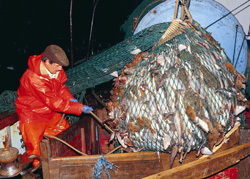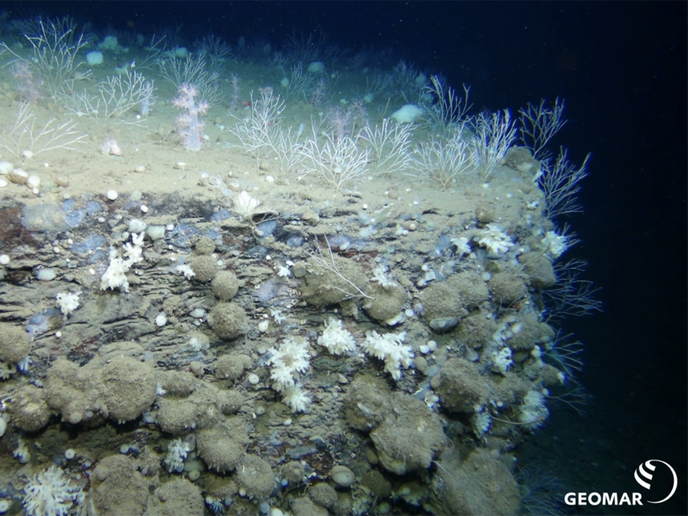Fisheries management goes green
Seafood forms an important part of the European diet, creating a need to manage key species of fish and shellfish. One such management initiative was the EU-funded project 'Critical interactions between species and their implications for a precautionary fisheries management in a variable environment- a modelling approach' (Because). The project identified biological interactions among fish species and their predators to help formulate new management strategies that preserve the ecosystem. It looked at developing food web models and studying critical interactions closely, in addition to predicting stock trends by using improved forecast models. This was intended to help manage fisheries better and improve yields. The Because project examined five case studies with different models and developed simulations to quantify predation mortality, as well as consumption of preys by predators. The simulations also considered different environments and fishing activities in order to evaluate the fisheries more effectively. This assessment lead to refining alternative strategies and outlining controls that considered conflicting objectives and ecosystem management. Overall, the project is expected to support governments, global organisations, researchers, environmental groups, marine environments, policymakers and other stakeholders in management strategies to counter overfishing and address climate change. It has introduced an environmental aspect and ecosystem-based approach to European common fishery policies and management. In addition, the project has enhanced the incorporation of environmental issues into the European common fishery policies. Lastly, Because increased the potential for integration of an ecosystem-based approach into management strategies for the fishing sector. Project results have been disseminated through scientific publications, conferences and online.







